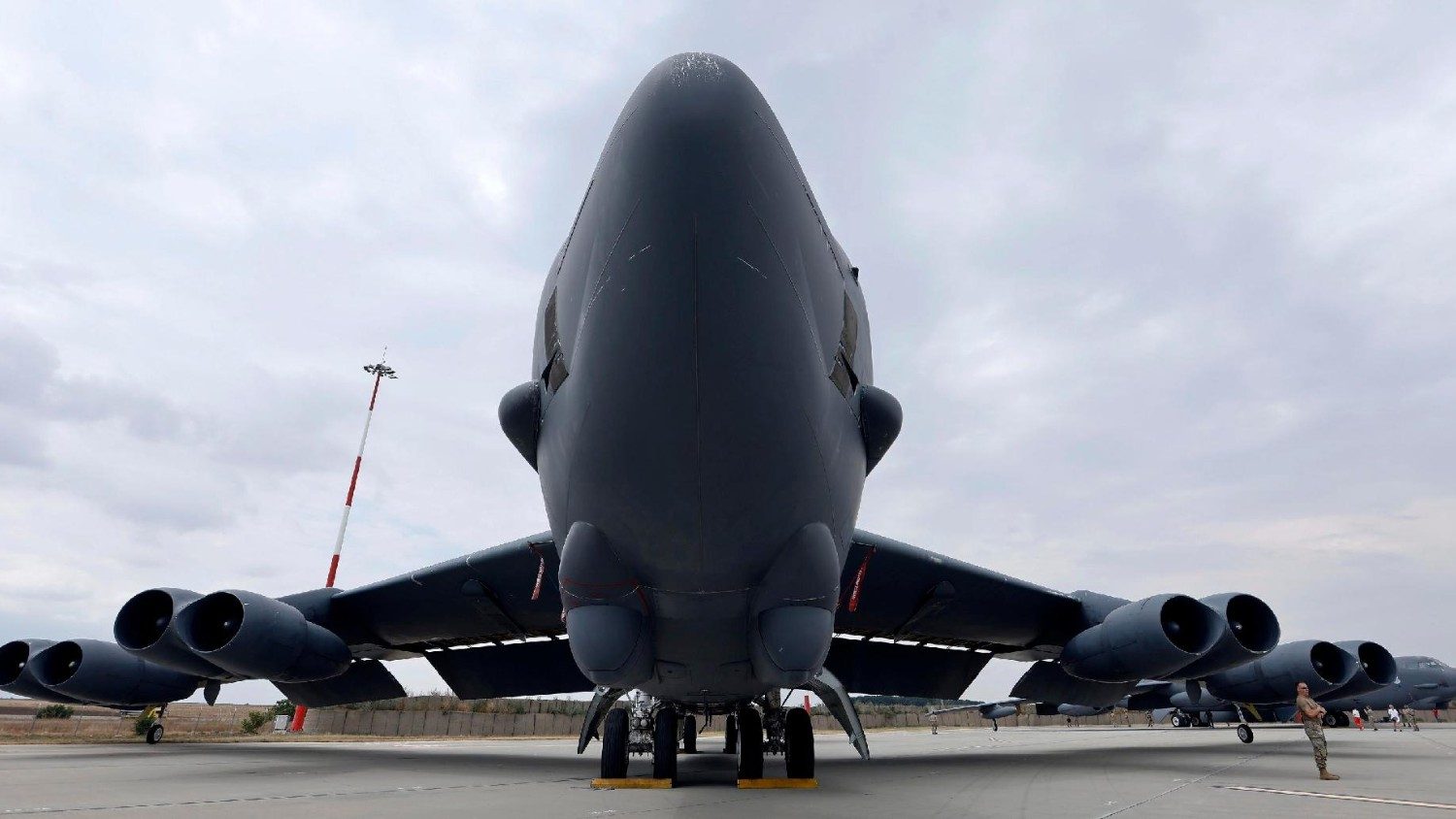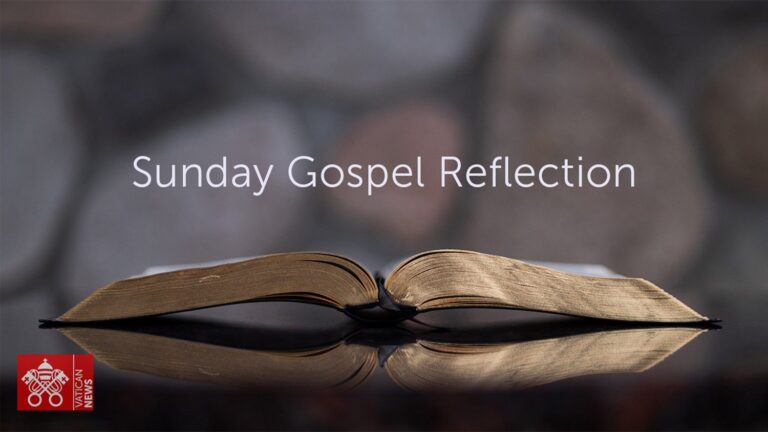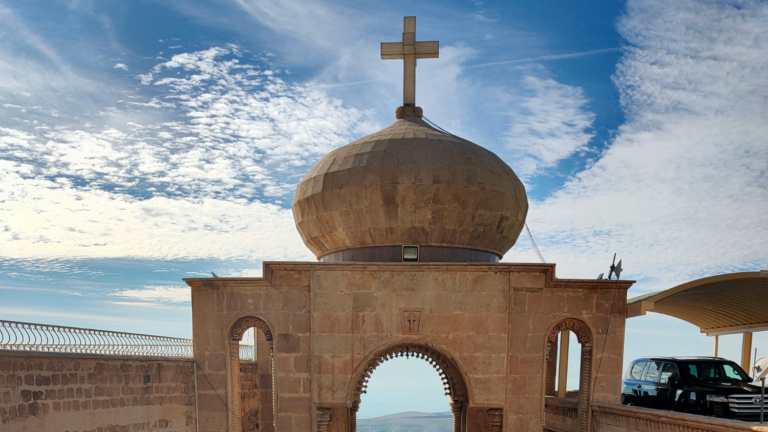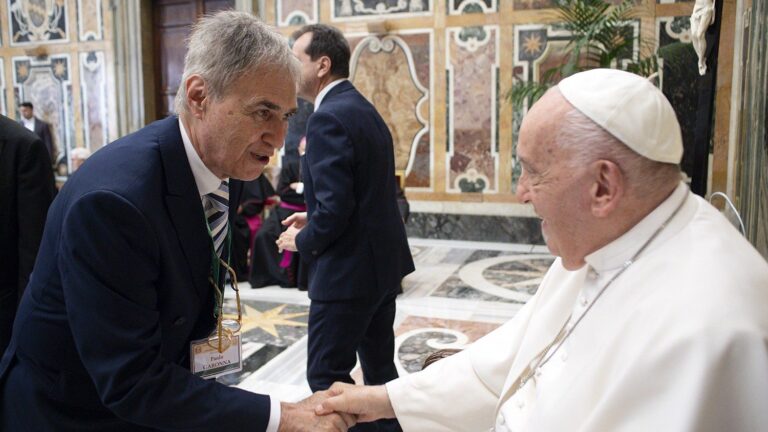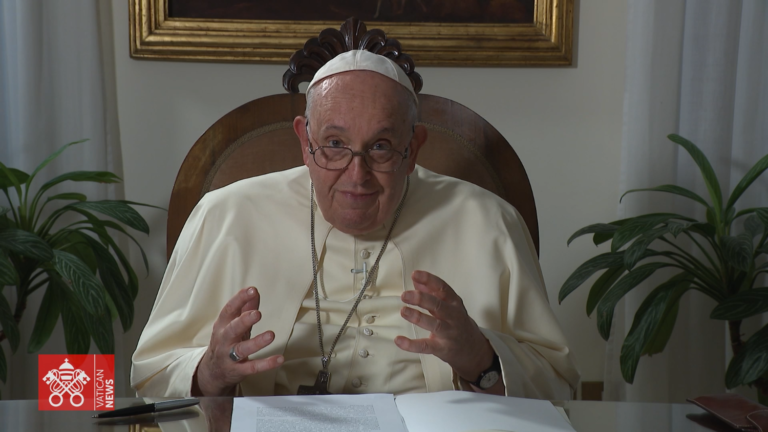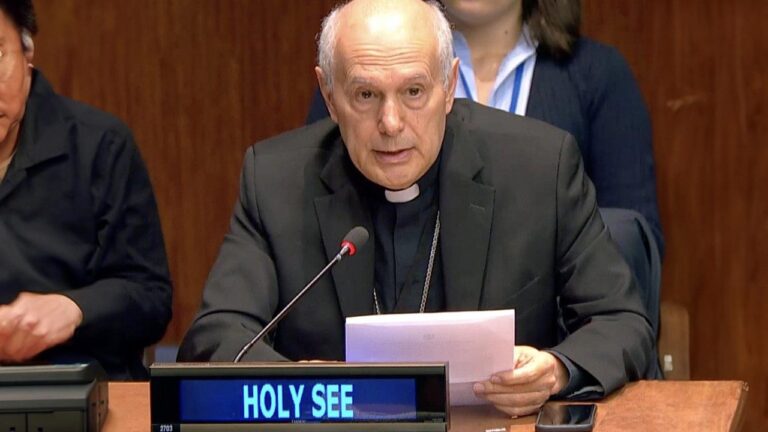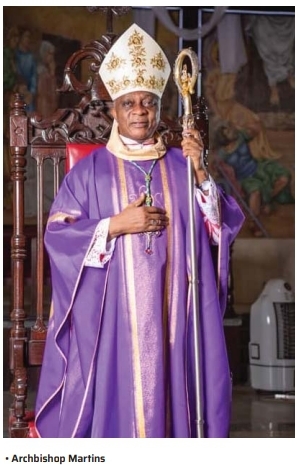Holy See expresses ‘deep concern’ over growth in nuclear rhetoric
Speaking at a meeting at UN headquarters in Geneva, Archbishop Ettore Balestrero warned of the “existential threat” posed by nuclear weapons.
By Joseph Tulloch
Archbishop Ettore Balestrero, permanent observer of the Holy See to the United Nations in Geneva, addressed a UN committee on the non-proliferation of nuclear weapons.
The archbishop told participants in the discussion – officially titled “Second Preparatory Committee for the 2026 Review Conference of the Treaty on the Non-Proliferation of Nuclear Weapons” – of the Holy See’s “deep concern” over nuclear escalation.
Increased rhetoric and spending
Nuclear weapons represent, according to Archbishop Balestrero, an “existential threat,” which has been exacerbated by the current “tense strategic environment” and the “continued modernization and expansion of nuclear arsenals.”
One of the distinguishing features of Vatican diplomacy on nuclear issues is that the possession of nuclear weapons, even for deterrence purposes, is morally reprehensible. This is a principle that Archbishop Balestrero emphasized, recalling that Pope Francis recently reaffirmed the immorality of the manufacture and possession of nuclear weapons.
The archbishop then said the Holy See was concerned both by “the continued growth in military spending on nuclear weapons” and by “the increase in rhetoric and threats regarding their possible use.” Such actions, he said, constitute “an affront to humanity as a whole.”
Three concrete proposals
Msgr. Balestrero then said that the Holy See wished to make three main contributions to the ongoing debate.
First, he said, it is important to recognize that non-proliferation and disarmament, in addition to being legal obligations, are “ethical responsibilities to all members of the human family.”
The Archbishop quoted Pope Francis, who during his visit to Nagasaki in 2019, says that “International peace and stability are incompatible with attempts to build on the fear of mutual destruction or the threat of total annihilation. They can only be achieved on the basis of a global ethic of solidarity and cooperation.”
Second, Archbishop Balestrero called for a “sincere dialogue” aimed at reducing the world’s nuclear weapons stockpiles.
Finally, the archbishop stressed that the money spent on nuclear weapons could be better used for humanitarian projects. This is why, he said, he wanted to reiterate the Holy See’s long-standing proposal to create a global fund to combat poverty, financed by “part of the money spent on weapons and other military expenditures.”
Concluding his speech, Archbishop Balestrero reaffirmed the Holy See’s “firm conviction” that a world without nuclear weapons is “both possible and necessary.”
